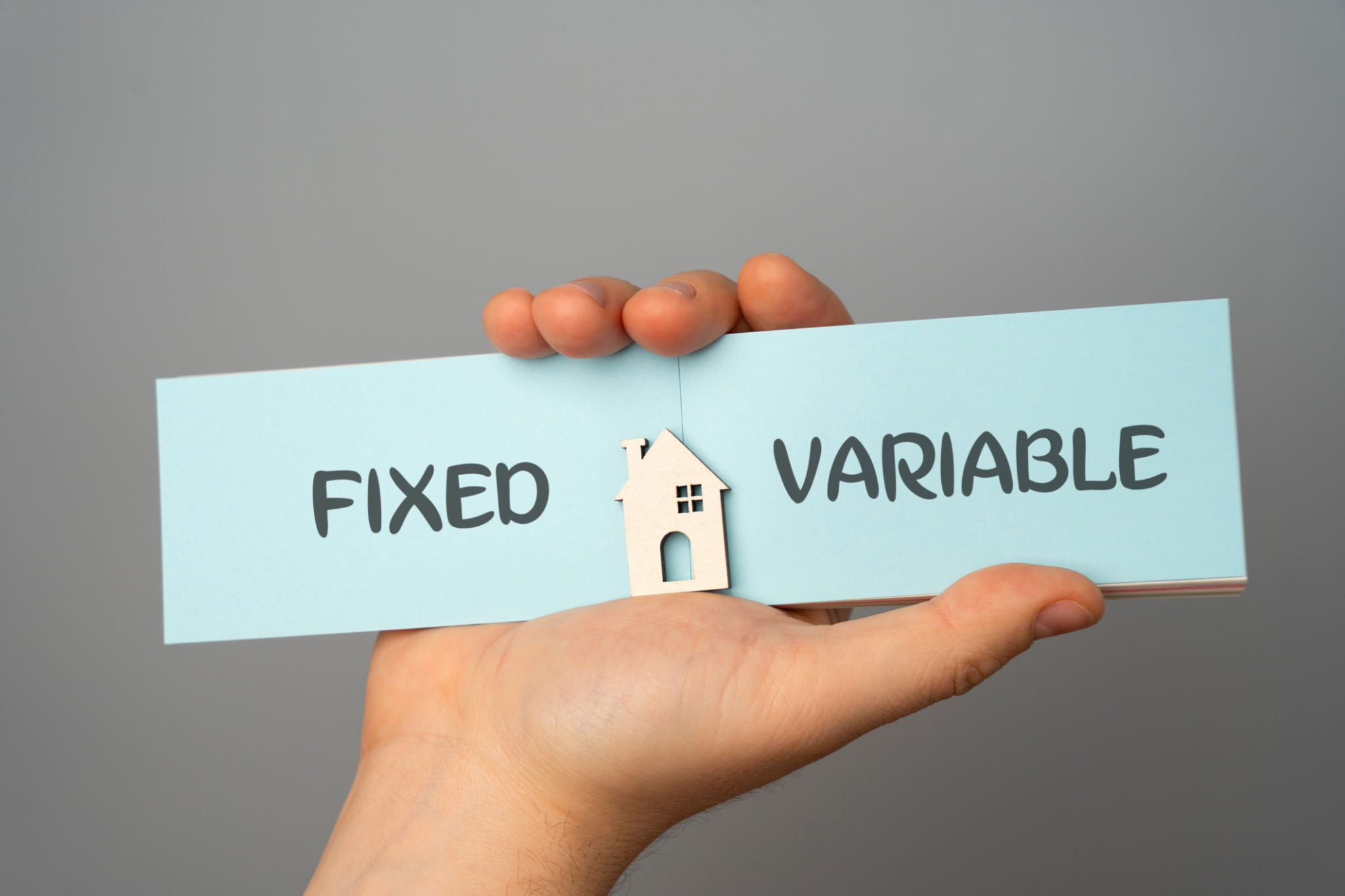Comparing Fixed vs. Variable Rate Mortgages: Which is Right for You?
Understanding Fixed Rate Mortgages
When it comes to choosing a mortgage, understanding the difference between fixed and variable rates is crucial. A fixed rate mortgage comes with an interest rate that remains constant throughout the life of the loan. This stability makes it a popular choice for individuals who prefer predictable monthly payments and long-term financial planning. A typical fixed-rate mortgage term can range from 15 to 30 years.
The benefit of a fixed rate mortgage is its resistance to market fluctuations. Even if interest rates rise significantly, your mortgage rate and monthly payments will remain unchanged. This can provide peace of mind and assist in budgeting. However, this stability often comes at a cost, as fixed rates can be higher than initial variable rates.

Exploring Variable Rate Mortgages
In contrast, a variable rate mortgage, also known as an adjustable-rate mortgage (ARM), comes with an interest rate that may change throughout the loan term. Typically, these mortgages start with a lower interest rate than fixed-rate loans, which can be appealing to borrowers looking for lower initial payments.
However, after an initial period, the rate adjusts at regular intervals based on market conditions. This means that your monthly payments could increase or decrease over time. While this flexibility can be advantageous in a declining interest rate environment, it carries a degree of risk if rates rise.

Key Differences Between Fixed and Variable Mortgages
When deciding between fixed and variable rate mortgages, it's essential to weigh the pros and cons of each option. Here are some key differences to consider:
- Stability vs. Flexibility: Fixed-rate mortgages offer stability, while variable-rate mortgages provide flexibility and potential savings.
- Initial Costs: Variable rates often start lower, but they can fluctuate, whereas fixed rates are typically higher but stable.
- Long-term Planning: Fixed rates are ideal for long-term planners, while variable rates can be advantageous for those expecting to move or refinance soon.

Factors to Consider When Choosing a Mortgage Type
Your choice between a fixed or variable rate mortgage should align with your financial goals, risk tolerance, and market predictions. Consider the following factors:
- Financial Stability: If you have stable income and prefer predictable payments, a fixed-rate mortgage might be suitable.
- Market Trends: Anticipating interest rate trends can help decide if a variable rate is beneficial.
- Loan Duration: Long-term plans may favor fixed rates, while short-term plans might benefit from variable rates.
Ultimately, the right choice depends on your individual circumstances. By carefully evaluating these factors, you can make an informed decision that aligns with your financial strategy.
